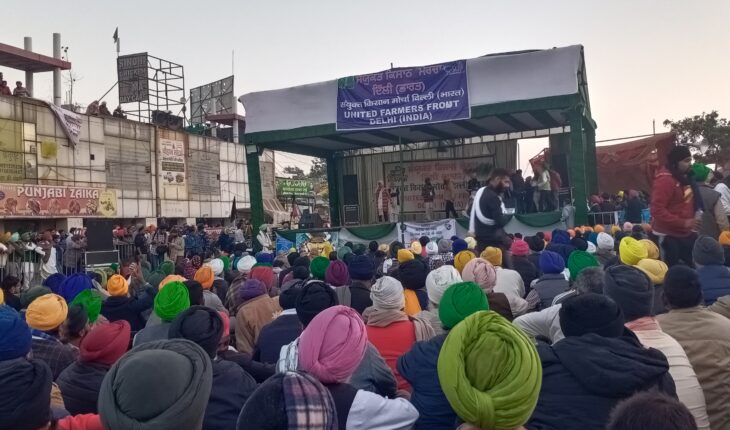Thousands of farmers camping on the outskirts of the national capital are sceptical of the government claim that these laws would make agriculture more lucrative and secure by allowing market forces to play. The fear that the new regime will dismantle the system of procurement under Minimum Support Price (MSP) and leave farmers at the mercy of corporations is real. Responding to concerns, the Centre has suggested safeguards to prevent land alienation via contract farming; strengthening the State-run mandi system and ensuring its equal footing with private buyers through equalising taxes; allowing grievance redress in civil courts rather than just in the offices of Sub-Divisional Magistrates; and ensuring proper verification of private traders. It has not, however, offered a legal guarantee of MSP and the question of power subsidies also remains contentious. The Narendra Modi government has a declared policy of ensuring farm prices that are at least 50% more than the input costs. This has remained more an intent than reality, and the discussion has also been muddled by the government’s refusal to include rental value of the land in input costs. Agriculture has to remain environmentally sustainable and remunerative for farmers. There is a strong case for reworking the incentive structures and cropping pattern in order to account for changes in water availability and changing dietary requirements. The problems faced by farmers are by no means the same across India. But a sense of hostility from the state and market is now pervasive. Changes in land acquisition laws and the general thrust towards industrialisation together with the pressure on agriculture subsidies have increased the feeling of vulnerability of farmers in recent years. The Centre needs to restore their trust by involving farmers in policymaking. There is no other way out.
Involve farmers in policymaking to restore their trust
Published Date: 13-12-2020 | 4:49 pm





